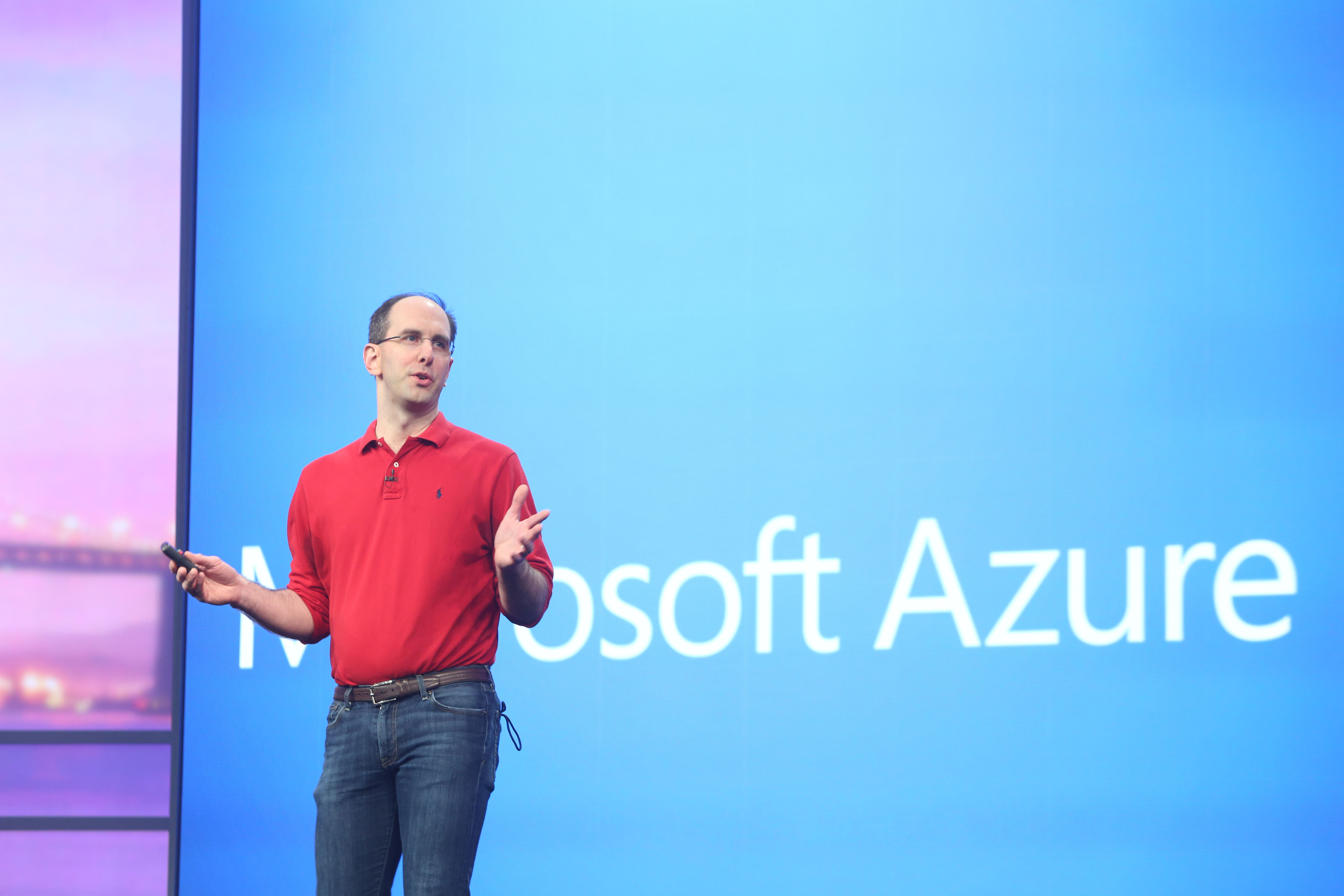

Microsoft’s has officially completed its next generation hyperscale cloud hardware design codenamed ‘Project Olympus’.
Microsoft actually first announced ’its ‘Project Olympus’ at last year’s DCD Zettastructure conference, but the design in late 2016 was only half complete.
Now the Project Olympus design has been completed, and Microsoft took the opportunity to also announce ‘Project Cerberus’ – a new industry standard for platform security that will be developed within the OCP (Open Compute Project) community.
But first back to Project Olympus, which was part of Redmond’s efforts to accelerate open hardware designs within the Open Compute Project, after the software giant had apparently noticed that open source hardware design was ‘lagging a bit’.
According to Microsoft in 2016, “the hardware (of Project Olympus) focuses on modularity, cost and power efficiency, and global data centre interoperability.”
And now nearly a year later this open hardware design has been completed.
“Today, I’m back at Zettastructure to share the tremendous progress achieved through downloading, modifying, and forking the hardware design just like open source software, and by bootstrapping a diverse and broad ecosystem to make Project Olympus the de facto open source cloud hardware design for the next generation of scale computing,” touted Kushagra Vaid, Microsoft general manager of Azure hardware infrastructure in a blog post.
“The design is now 100% complete and open sourced via OCP contributions,” he wrote. “It is proven in scale production via deployments in Microsoft Azure, and solution providers are ready to bring the benefits of this design to the broader OCP ecosystem.”
Vaid then went to describe how Project Olympus hardware is now deployed in volume production with the Fv2 virtual machine (VM) family.
He pointed out that the Fv2 family are the fastest VMs in Azure and offer the fastest Intel Xeon Scalable processors in the public cloud, to meet the growing demand for massive large-scale computation.
The Fv2 VM family is among the first Project Olympus designs productised in Azure and more deployments are to follow.
And it should be remembered that as all Project Olympus design specifications are open source and contributed to OCP, these specifications can be utilised for meeting varying data centre needs going forward.
“We are also pleased to announce that Project Olympus hardware is now commercially available for procurement via OCP Solution Providers including Wiwynn, and ZT Systems, with more to follow,” wrote Vaid. “This is an important milestone in bringing the benefits of open source hardware to the broader industry enabling IT and data centre operators to leverage community-developed innovation and scale-proven hardware designs for their specific usage models.”
Microsoft meanwhile has also turned its attention to platform security with ‘Project Cerberus’.
This, according to Microsoft, will provide a critical component for security protection that to date has been missing from server hardware – protection, detection and recovery from attacks on platform firmware.
“Project Cerberus envisions that data can be processed in the cloud with the confidence that it’s running on hardware with uncompromised firmware,” wrote Vaid. “With Project Olympus established as a base hardware platform upon which we can to build, we’re turning our attention to cybersecurity to continue to expand value to both Microsoft and the OCP community.”
Project Cerberus is a NIST 800-193 compliant hardware root of trust specifically designed to provide robust security for all platform firmware. It will help defend platform firmware from malicious insiders with admin privileges or access to hardware; external hackers and malware that exploit bugs in the operating system, application, or hypervisor; supply chain attacks; and finally compromised firmware binaries.
“Just as with the Project Olympus open source model, we anticipate that contributing Project Cerberus specifications will enable robust participation from the OCP ecosystem for community development amongst industry participants, and this open collaboration will lead to a more secure model for platform security which will benefit the industry,” concluded Vaid.
“The initial draft being contributed today covers motherboard firmware (UEFI BIOS, BMC, Options ROMs) and the vision is to work with the OCP community to extend the specifications over time to cover all peripheral I/O components such as HDD, SSD, NIC, FPGA, GPU, etc,” he wrote.
The Open Compute Project was launched by Facebook in April 2011 in order to develop and promote “vanity-free” hardware designs that are highly efficient.
These designs are then shared with the broader community. Since its launch, it has gathered some big name backers including Dell, Intel and HP, amongst many others.
Think you know about Microsoft? Take our quiz!
Elon Musk sells social media platform X to his AI start-up xAI in a move…
TikTok opens e-commerce shopping in Germany, France, Italy as US future remains uncertain over divest-or-ban…
Discover expert insights on overcoming digital transformation challenges. Learn how to manage change, balance innovation,…
Microsoft drops data centre projects amounting to 2 gigawatts of power consumption as investors question…
SMIC sees revenues rise 27 percent for 2024, but profits fall nearly 50 percent amidst…
Google reassures developers Android to remain open source as it brings development entirely in-house, reduces…